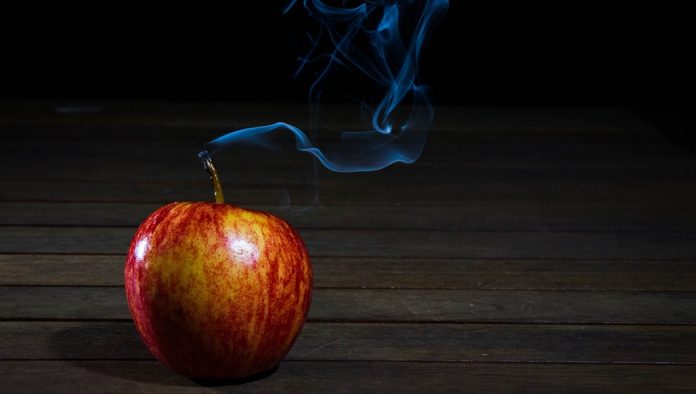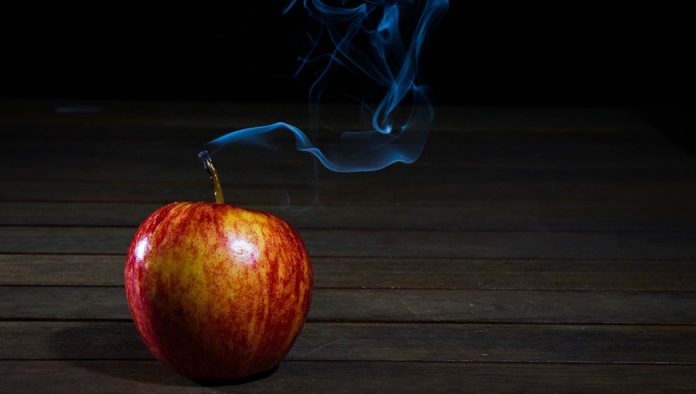
Although Lung cancer is not as prevalent as Breast Cancer or Prostate Cancer, it is considered the 3rd most lethal cancer. Next to Pancreatic Cancer and Liver Cancer.
Historically, it has been linked to smoking and smoking incidence. Studies indicate that 87% of lung cancer deaths have been attributed to cigarette smoking. The other factors include secondhand smoke, air pollution, radiation exposure and tuberculosis. Also, it includes exposure to toxic chemicals like asbestos, benzene, arsenic, and radon.
Is there a way by which you can protect yourself against it especially when you’re a non-smoker?
The Right Diet is Important against Lung Cancer
Several studies have already looked into the attributes of certain kinds of foods that are great at fighting and preventing it. Thus, the following are those tested to provide the best protection against environmental factors that cause lung cancer:
Fruits and vegetables
A World Health Organization study indicated that if everyone ate at least 4 cups of fruits and vegetables every day, then the incidence of lung cancer worldwide will be cut by 12%. Hence, the reason for plants being the most potent protection against it is the “synergy between the nutrients and phytonutrients in fruits and vegetables”. This is according to Karen Collins of the American Institute for Cancer Research.
Carotenoid-rich Fruits and Vegetables
Numerous studies have proven the link between carotenoid-rich fruits and vegetables with reduced risk of lung cancer. Carotenoids are antioxidants which contain numerous compounds that give its yellow, orange, and red colors. Two studies of high dose beta-carotene linked patients to a higher risk of lung cancer. But, another study of 4,500 men in Finland indicated that when fed alpha-carotene, another carotenoid, it lowers the risk of lung cancer.
Alpha-carotenoid can be found in carrots, squash, and pumpkins. Thus, it cannot be downplayed that carotenoids from various fruits and vegetables are the best protection of a non-smoker from lung cancer.
Beta-cryptoxanthin, another carotenoid found in papaya, oranges, peaches, red peppers, tangerines, carrots. Flavonoids in citrus fruits, berries, tea and red wine. These may also help in lung cancer protection.
Cruciferous Vegetables
In a study published in the Cancer Research Journal, mice exposed to cigarette smoke and given a diet rich in isothiocyanates – the phytonutrients in cruciferous vegetables ̶ were significantly less prone to develop this cancer.
Cruciferous vegetables available in the market now are broccoli, cauliflower, kale, spinach, and cabbage.
But, studies indicate a diet high in starch and sugar are more inclined to raise the risk of lung cancer. High-glycemic foods like white bread (including bagels), corn flakes, instant oatmeal, pumpkin, pretzels, popcorn, rice cakes, rice pasta and macaroni, saltine crackers, melons, and pineapple tend to increase the risk of having it.
Complementing Diet with Exercise may lengthen a non-smoker’s life expectancy according to a 2012 study. According to this, physical activity is equivalent to brisk walking for up to 75 minutes per week. It was linked to a 1.8 years gain in life expectancy. This was compared to having no exercise at all.
Have you had any experience using any of these anti-lung cancer foods in your life? Share your knowledge in the comments below! We’d love to hear from you.
Copyright 2023, DoctorFarrah.com
Disclaimer
The watching, interacting, and participation of any kind with anything on this page does not constitute or initiate a doctor-patient relationship with Dr. Farrah®. None of the statements here have been evaluated by the Food and Drug Administration (FDA). The products of Dr. Farrah® are not intended to diagnose, treat, cure, or prevent any disease. The information being provided should only be considered for education and entertainment purposes only. If you feel that anything you see or hear may be of value to you on this page or on any other medium of any kind associated with, showing, or quoting anything relating to Dr. Farrah® in any way at any time, you are encouraged to and agree to consult with a licensed healthcare professional in your area to discuss it. If you feel that you’re having a healthcare emergency, seek medical attention immediately. The views expressed here are simply either the views and opinions of Dr. Farrah® or others appearing and are protected under the first amendment.
Dr. Farrah® is a highly experienced Licensed Medical Doctor certified in evidence-based clinical nutrition, not some enthusiast, formulator, or medium promoting the wild and unrestrained use of nutrition products for health issues without clinical experience and scientific evidence of therapeutic benefit. Dr. Farrah® has personally and keenly studied everything she recommends, and more importantly, she’s closely observed the reactions and results in a clinical setting countless times over the course of her career involving the treatment of over 150,000 patients.
Dr. Farrah® promotes evidence-based natural approaches to health, which means integrating her individual scientific and clinical expertise

